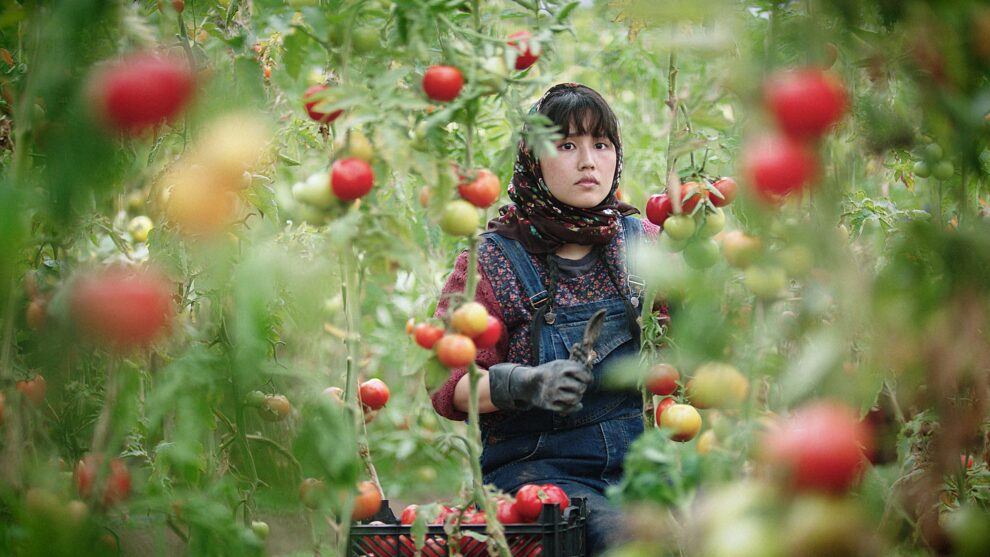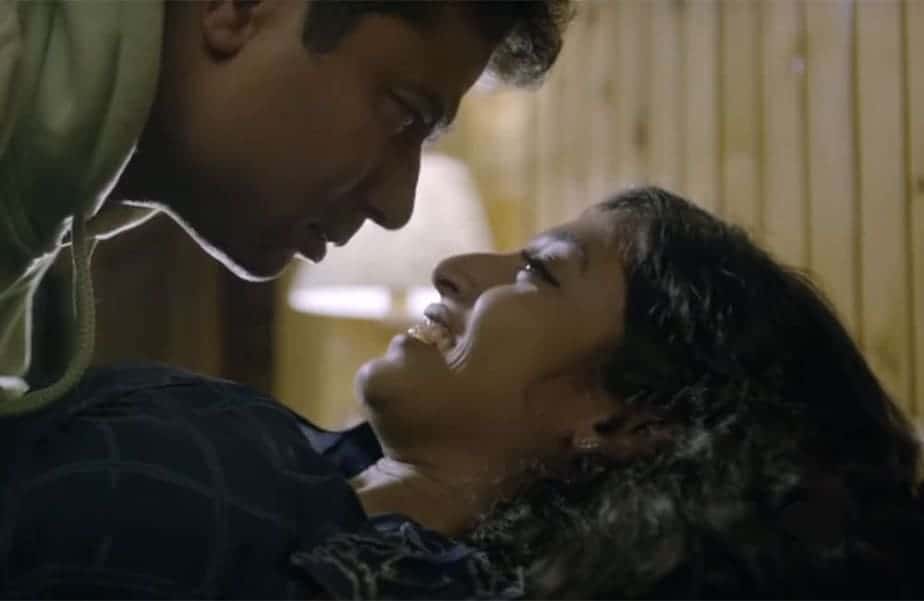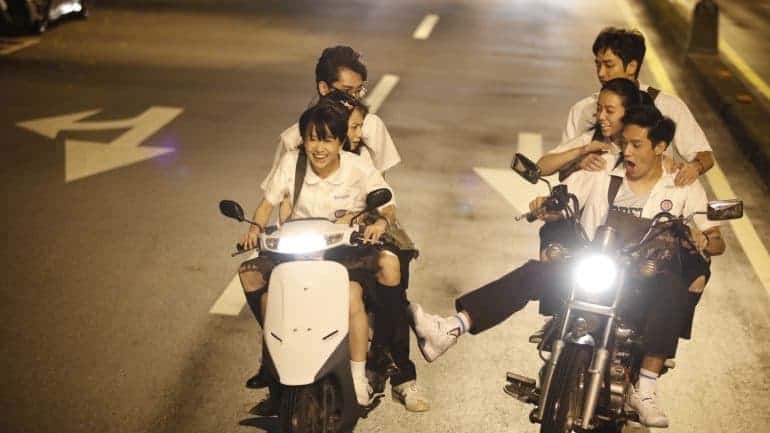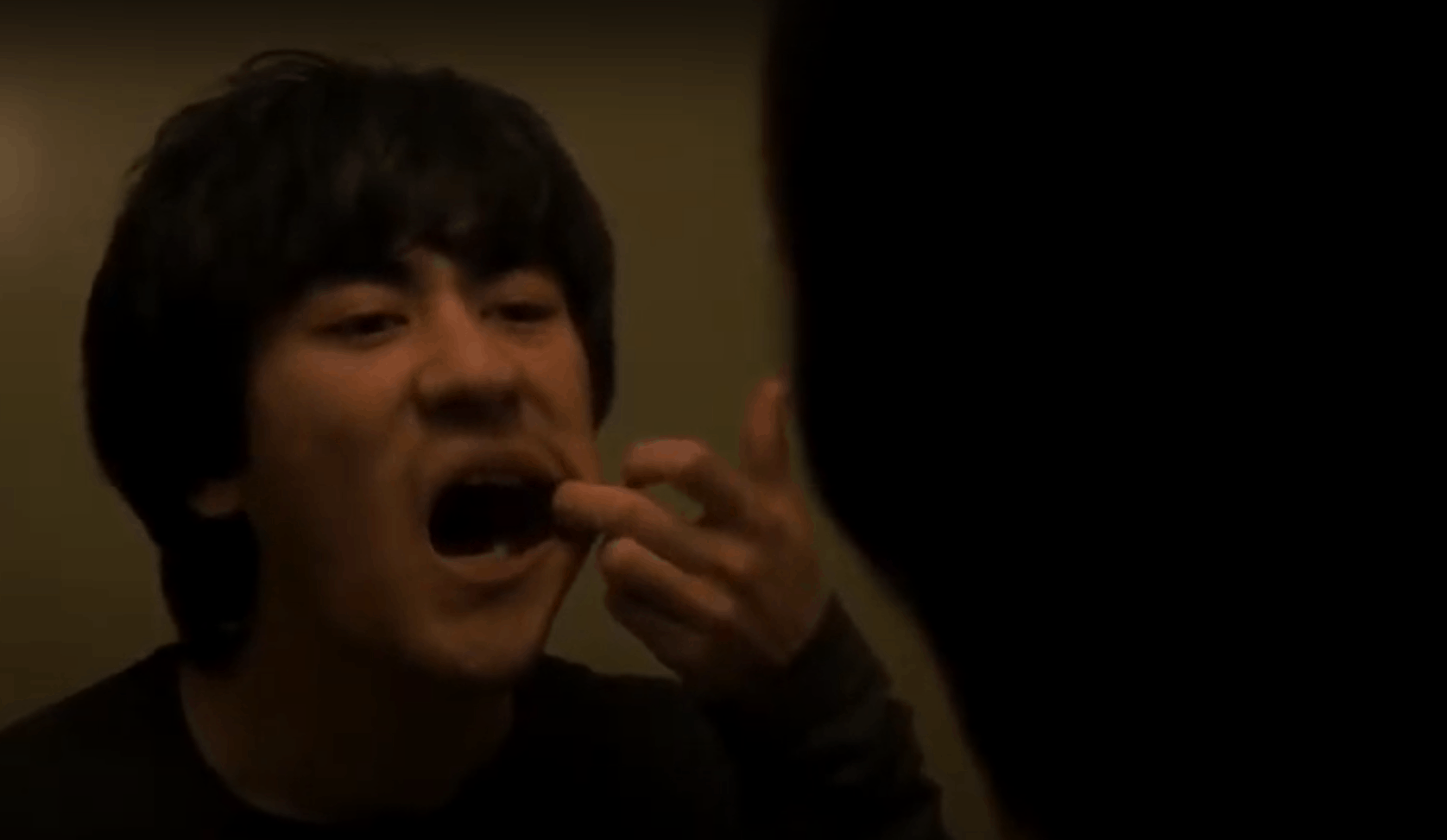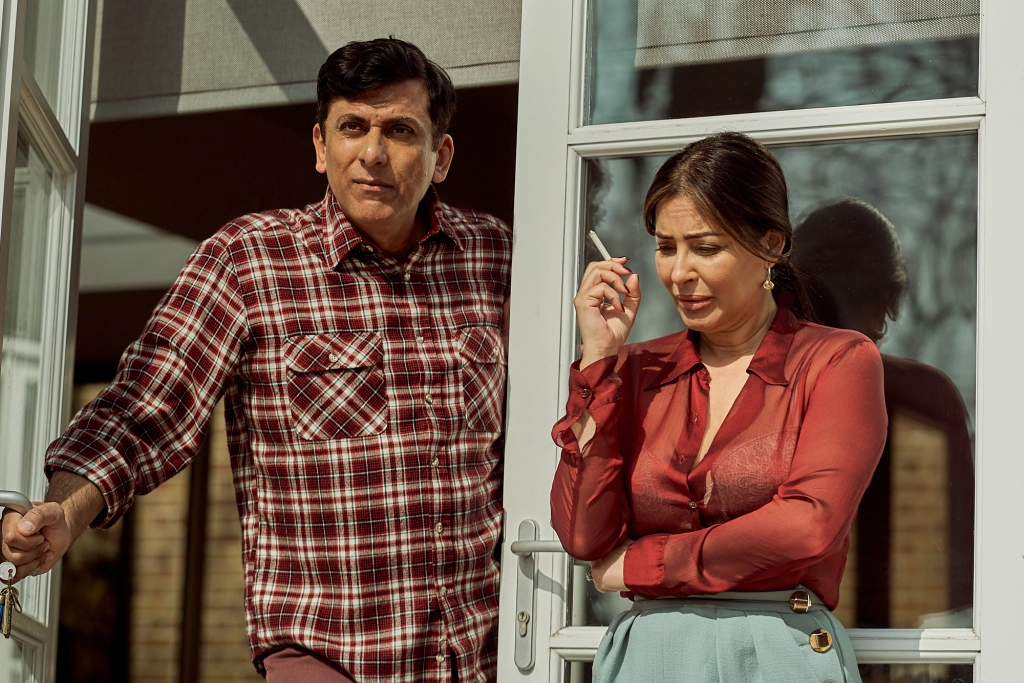“In the Land of Brothers” highlights the remarkable debut for co-directors Raha Amirfazli and Alireza Ghasemi, who walked away with the Directing Award for their entry in the World Cinema – Dramatic Competition. The film marks a milestone for many on the team. This is the first co-directed feature for Amirfazli and Ghasemi; the first feature for acting co-lead, Mohammad Hosseini; and finally, the first time on-camera for co-lead Hamideh Jafari. Despite the many firsts, the feature is remarkably well-crafted, as Amirfazli and Ghasemi exhibit their natural inclination as storytellers.
In the Land of Brothers screened at Sundance
The co-directors have a track record of writing and directing shorts, and this shows in the tripartite structure of “In the Land of Brothers.” The quiet narrative loosely ties together three different stories demarcated by ten-year intervals. The film starts in 2001, when Afghan trade school student Mohamed (Mohammad Hosseini) is racially profiled by the Iranian police. They whisk him away to perform menial tasks with other immigrants – an unfair plight that he doesn't fight, so long that he can spend time with his crush, Leila (Hamideh Jafari). Ten years later, we find that the two are married; however, tragedy befalls their happy marriage. Leila finds that she cannot openly mourn the death of a loved one in the presence of her employers, a benevolent but oblivious Iranian couple, due to her own soul-shaking fear of deportation. This theme of suffering in silence echoes in 2021, when we see Leila's older brother, Qasem (Bashir Nikzad) coping with the sudden loss of his son. Despite his complete assimilation, he realizes that there is no dignity in death as an Afghan immigrant in Iran.
The film is at once quiet but decidedly melodramatic. Diegetically, the characters struggle to reign in their emotions; much of the sound design is left to ambient recordings. Narratively, however, Amirfazli and Ghasemi underscore the magnitude of injustice through isolated close-ups. The camera unflinchingly watches Leila bury her own husband; it lingers upon a drawer full of cellphones once owned by the dead. Are these shots too on the nose, or is this just slice of life? It's hard to say. While these shots reveal a documentary-esque sense of urgency, the narrative is more resigned to matters of the state than anything else. Amirfazli and Ghasemi aim to show, not tell, the invisible institutional bounds that undergird their characters' lives.
To that end, all three acting leads seem more comfortable with the movie's understated tones than with outward reactions to bereavement. Among them, first-timer Hamideh Jafari especially stands out. Her presence on-screen is captivating. As both a bright-eyed damsel and as a grieving wife, her versatility is impressive. Her gentle demeanor as a lover and bottled-up anguish as a live-in maid are both equally tangible to viewers before her. This in part is due to cinematographer Farshad Mohammadi's handiwork. In addition to the lavish use of shallow focus (thus giving the otherwise gritty reality a rather dreamy overtone), Mohammadi manages to make each frame pop without aestheticizing the plight of the migrants before them.
All in all, “In the Land of Brothers” exemplifies an omnibus of Afghan assimilation stories rarely seen on the big screen. Though it is clear that the film seeks to be emotionally taxing – Amirfazli and Ghasemi clearly want their viewers to empathize with the lives tainted by tragedy – the implicit manipulation is passable because of the sheer handiwork and care for the stories told in the film. For a first-time feature, “In the Land of Brothers” showcases a promising directorial debut for Amirfazli and Ghasemi, and an even more impressive debut for Hamideh Jafari.
“In the Land of Brothers” sales is managed by Alpha Violet, and the film was acquired by September Film in January 2024.


